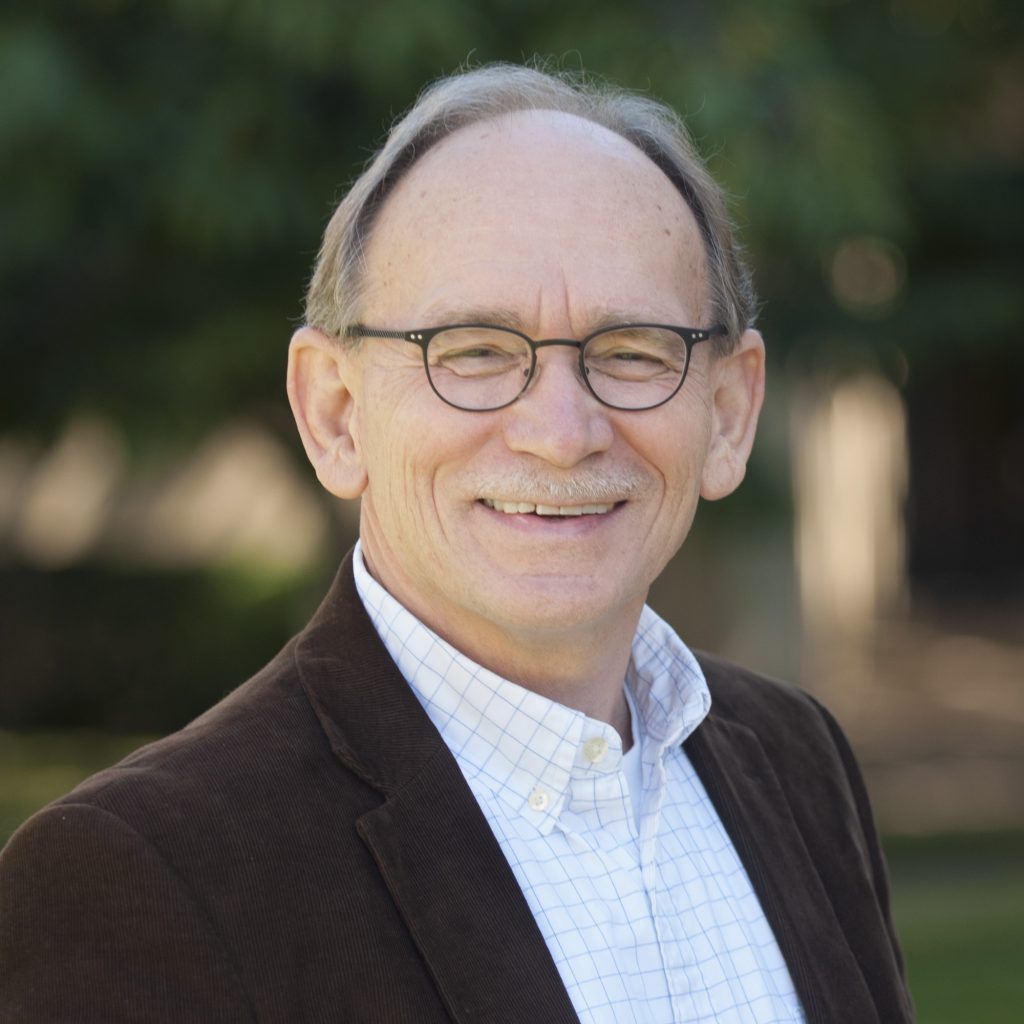The Encyclopedia of Christianity
The Encyclopedia of Christianity intends to present a global perspective of Christian faith and tradition within its historical and current expressions. Volume two continues a five-volume project of translating into English the third edition of Evangelisches Kirchenlexikon. With over three hundred articles, volume 2 is a delight to peruse. A “List of Entries” to each volume and the extensive cross-referencing system help the researcher locate appropriate articles with ease. Subjects spread from “Ebionites,” “Ecclesiastes,” “Eckhart, Meister,” “Ecology,” and “Ecstasy” to “Iraq,” “Irrational-ism,” “Islamic Philosophy,” and “Ivory Coast.” As in volume 1, Barrett’s statistics are current and the most reliable available anywhere.
As an alphabetically divided set volume 2 has noticeably fewer countries and regional surveys than volume 1, yet once again these reports (e.g., of “Egypt,” “France,” “Guatemala,” “Iran”) are broad-based and well balanced. Topical entries and interreligious studies are more prevalent. Discussions of Hinduism and Islam and their relationship to Christianity on various fronts are most helpful. “Heaven,” “Hell,” and “Evil” get light treatment, while “Ethics,” “Eucharist,” “European Theology,” “God,” and “Israel” receive appreciable surveys. Biblical books (e.g., Genesis, Exodus) typically are one-page overviews with bibliographies. Sparse biographical entries include Jonathan Edwards, Charles Grandison Finney, and Hildegaard of Bingen. Articles on the “Electronic Church,” “Evangelical Missions,” “Evangelical Movement” (in the narrower North American sense), and “Faith Missions” may prove interesting for many readers. Even James Barr’s “Fundamentalism” (pp. 363–65) is an even-handed presentation of the multiform movement, including the prophetic millennarianism (Scofield) and recent charismatic emphases.
While most authors are northern European, some names (e.g., Peter Beyerhaus, Jonathan Bonk, Kenneth Mulholland, Bruce Reichenbach, Gerhard Sauter, and Peter Stuhlmacher) will be familiar to evangelicals. The “Publishers’ Note to Volume Two” mentions additional editorial staff who supplemented articles and bibliographies for English-speaking readers—an appreciated improvement over the first volume.
The Encyclopedia of Christianity is an extraordinary achievement, highly recommended to all serious students. Once again, however, one observes the paucity of third-world scholars. One puzzles why Branko Nikolistsch (Berlin) and Ekkehard Zipser (Hamburg) were selected to write on “Guatemala,” or Michael von Brück on “India” and “Hinduism.” Of the more than three hundred authors fewer than ten are noted as living outside Europe and North America, although John Mbiti from Kenya and Emilio Castro in Switzerland do represent their continents. Likewise few Eastern Orthodox scholars are included. A more representative participation remains a challenge in future editions for this exceptional resource, already the most comprehensive encyclopedia of Christendom available.
About the Contributors

J. Scott Horrell
Scott Horrell, Th.D, until recently was Senior Professor of Theological Studies at Dallas Theological Seminary and continues as adjunct professor at DTS (including the DMin Brazil program), the Seminário Teológico Centroamericano (DET/PhD SETECA) in Guatemala, the Jordan Evangelical Theological Seminary (Amman), and the Centro de Desenvolvimento de Liderança in Maputo, Mozambique. Most of his ministry years have been outside the US and centered on theological education and pastoral training especially in basic doctrines of the faith. While teaching at several schools in Brazil he was coordinator of graduate studies at the Baptist Theological Seminary in São Paulo, and co-founder/editor of Vox Scripturae, at that time the largest Protestant journal in Latin America. He has written and contributed to various books and written multiple articles in Portuguese and English, notably From the Ground Up: Biblical Foundations for the 21st Century Church (Kregel 2004), Exploring Christian Theology, Vol 1, eds. N. Holsteen and M. Svigel (Bethany, 2014), and A Trindade, a Igreja, e a Realidade Social (2021). His current writing centers on the doctrine of the Trinity, the supernatural world, and human personhood.
His wife Ruth, children, and eight grandchildren currently reside in Dallas and Houston.
